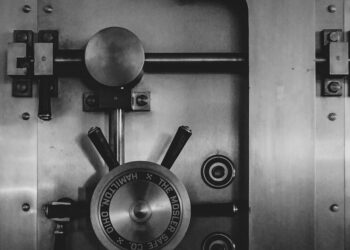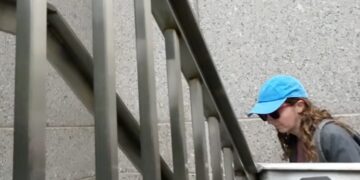
A home loan is money borrowed with interest from a bank or housing finance company to purchase, build, or improve a residential real estate property. Individuals can buy new or resale properties with the amount borrowed from a bank.If you plan to buy resale property, one of the advantages is that you will not have to wait for construction to be done before moving in but will instead have instant ownership of the property in your selected location.If you are considering purchasing a resale property, these are the following points to keep in mind according to the HDFC Ltd website:
- Age of the property
- Existing mortgage
- Transfer of property and re-registration
- Expenses for repairs and renovations
- Property valuation.
What documents do I need to check if I am buying a resale property?
Clear and marketable Title, Sale Deed, Encumbrance Certificate, latest tax receipts, Occupancy Certificate, Building Plan Approvals and Possession Certificate.
What documents are required to get a resale property duly registered?
New Sale Deed, PAN Card and photographs, according to the SBI Home Loan website.
SBI Interest rate reset date
According to the Home loans SBI website, “At present the interest rate under External Benchmark (EBLR) is being reset by the Bank on 1st day of every calendar quarter. We have to advise that henceforth, the interest rate reset under EBLR may be done by the Bank from time to time as per Banks extant guidelines in force”
You Might Also Like:
Processing fee
If there is no concession, SBI on regular home loan charges 0.35% – 0.40% of the loan amount plus applicable GST, minimum Rs.2,000 plus applicable GST and maximum of Rs. 10,000 plus applicable GST.When purchasing a resale property, it’s important to consider the area and the kind of house you want. You can buy a property such as independent house or a flat in a housing society, both of which have very distinct implications and documents vary accordingly.Here are documents required depending on the type of house you are buying, according to the HDFC Ltd website.
Documents specific to a co-operative housing society
- Share certificate issued by the society is a very important document establishing the identity of the seller. This should have the names of all the previous owners.
- Letter from the society stating details such as the number of floors in the building, the construction year, the apartment’s built-up area and the number of lifts in the building.
- No dues certificate from the society.
- NOC from Society in case of a co-operative housing society. This document states that there are no dues payable by the seller and that he has complied with all the rules laid by the society.
- Copy of Incorporation Certificate of the Society.
- Copy of latest local government tax receipt.
Documents specific to an apartment owners’ association
- Copy of Incorporation Certificate of the Association
- Copy of the property registration card
- Copy of the occupation certificate
- Receipt for the payment of registration fees
Documents specific to a development authority settlement
- Allotment Letter
- Demand Letter
- Possession Letter
- Electric and Water NOC
- Conveyance Deed if in freehold
- NOCs from utilities and Municipal Corporation (MC)
- No dues certificate for House Tax
Documents specific to a privately built up home
- Commission a search report of the land records and the records of the Sub-Registrar
- Building violations report from council, MC, Estate Office or other local authority
- Judicial Records check
- Sale Deed
- Mother Deed
- Encumbrance Certificate
- Khata
- Occupancy Certificate
- Building Approval Certificate
- Possession Certificate
- Others – RTC/Pahani, Conversion order etc. depending on circumstance
- NOC from the Collector if the building exists on Collector’s land














